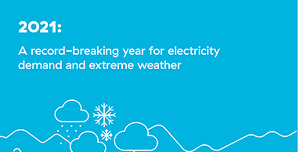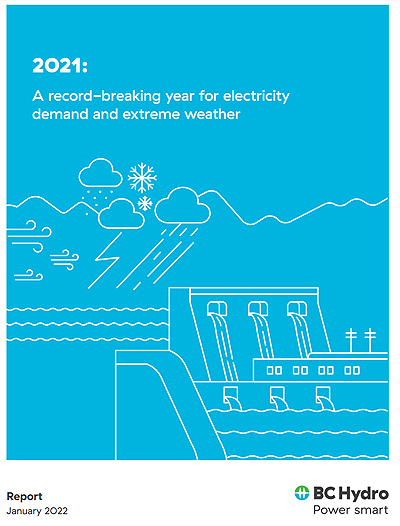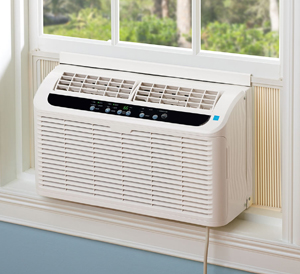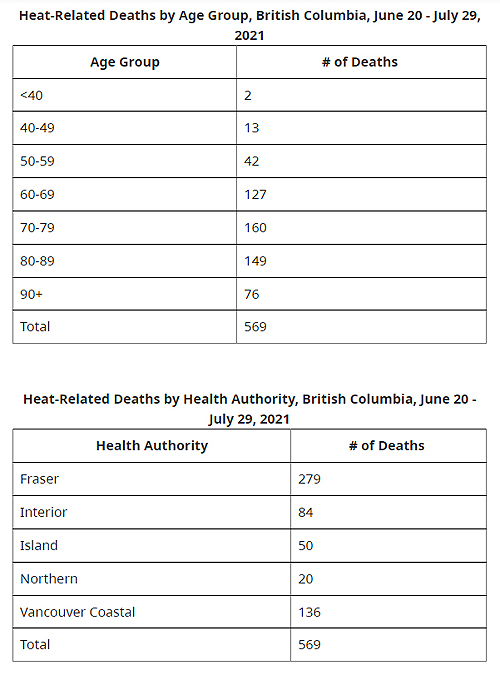
Saturday January 22, 2022 | ISLAND and MAINLAND, BC
by Mary P Brooke | Island Social Trends
When the weather got cold and snowy starting on Christmas Eve 2021, there was an electricity-usage record set during the dinner hour on December 27.
After inquiries from media about other record-setting usage days — both winter and summer — that got BC Hydro thinking about tracking the exact dates for those records and the trends that are emerging.
New report:
Yesterday BC Hydro announced a new peak usage report showing several electricity demand records that were broken in 2021 after extreme weather hit BC at different times of the year. Winter is the expected high-demand period, but with extreme heat in summer there are now summer peaks as well.

Cold temperatures and heavy snow throughout BC resulted in the highest and longest sustained load levels ever experienced on the BC Hydro system, it was stated in the report. Overall, this winter so far (December 2021 into January 2022), BC Hydro has experienced 11 of its top 25 all-time daily peak records.
The new report titled, “2021: A record-breaking year for electricity demand and extreme weather,” shows BC Hydro had record peak loads in 2021 due to extreme temperatures in both summer and winter that lasted for extended periods of time.
Peak loads:
“We use peak loads to describe the electricity demand in the province during the highest load hour of each day,” says Kyle Donaldson, BC Hydro spokesperson.
“With the heat dome in the summer and the sustained cold temperatures in December, we saw more record-breaking hours on more days last year than any other single year.”
- The winter peak was seen between 5 and 6 pm on December 27, 2021 when demand for electricity hit an all time high of 10,902 megawatts. That surpassed last winter’s peak usage of 10,577 megawatts as set on January 14, 2020 at 6 pm. Previous records were 10,302 megawatts on January 13, 2020 and 10,194 megawatts set on January 3, 2017.
- The summer peak of 8,516 megawatts happened on June 28 during the five-day heat dome event at the end of June 2021. The day before, on June 27, the usage was 8,106, and first starting breaking the summer records the day before that at 7,972 megawatts on June 26. That was three very hot nights in a row, where the night time temperature did not cool lower than the daytime temperature, especially indoors.
“We have always seen our highest demand in the winter months, but demand for power in the summer months is catching up and we saw a distinct shift in that direction last year with more air conditioning load,” said Donaldson.
BC Hydro says the June 28 summer peak hourly demand record at 8,568 megawatts, shattering the previous record that was set before the heat wave began by more than 600 megawatts – the equivalent of turning on 600,000 portable air conditioners.
Summer cooling requires electricity, and advisories:
In summer 2021, many places in B.C. broke temperature records. BC Hydro says it experienced 19 of its top 25 all-time summer daily peak records, including breaking its all-time summer peak hourly demand record.
The town of Lytton saw a peak temperature of 49.6C (121.3F) — the highest temperature ever recorded in Canada. That same week of the heat dome, 90 percent of Lytton burned to the ground in a matter of hours (considered to have started from a spark from a nearby railway track).
Peak usage periods were mostly driven by numerous households using fans and air conditioning to help maintain bearable indoor temperatures. Most retail outlets sold out inventory of fans and window air conditioners very quickly during the heat dome.
Summer heat deaths in BC:
As a result of the heat dome, 569 people died — mostly people over age 60 years who were living in small units with adequate ventilation or air conditioning, in urban areas, the BC Coroner eventually confirmed on July 30, 2021.
The BC Government has met with criticism for not advising people adequately about the extreme temperatures as the reliably-forecast heat dome approached. Health authorities were advised and put out media messaging where they could (Island Health was high-profile about it on June 25), but it was in many cases too little too late.
BC Hydro talks “electricity anxiety”:
In 2021, the weather also caused “electricity anxiety” for British Columbians, said BC Hydro in their news release yesterday.
They found that trend in a BC Hydro survey in which 76 percent of respondents said they are concerned about the reliability of their electricity supply because of climate change.
However, assurances were quick yesterday: “BC Hydro has enough supply options to meet growing demand for power,” said Donaldson.
BC Hydro says it is well positioned to provide safe, clean, reliable electricity to its customers during increases in demand and can also help people reduce their carbon footprint:
- BC Hydro has a surplus of electricity and expects to have more than it needs until about 2030. BC Hydro’s 20-year Integrated Resource Plan maps out how it will meet future demand for electricity through a combination of energy conservation and the development of generation resources.
- BC Hydro is encouraging electrification. British Columbians can reduce greenhouse gas emissions and help mitigate the effects of climate change by switching to hydroelectricity from fossil fuels: an electric heat pump can cool in the summer and heat in the winter, while electric vehicles significantly reduce greenhouse gas emissions.
BC Hydro says it has the tools and expertise to continue to manage the unpredictable weather and climate change. This includes in-house weather forecasting and ensemble runoff forecasting, operations planning optimization methods, and its own climate, water and snow monitoring network.
The utility is also a contributing partner in complementary networks in BC for water, climate, snow
and glacier monitoring.
Urban planning and housing standards:
It became evident during the heat dome that both community facilities and homes in the south BC area have not been ready for extreme heat. Many homes and buildings are not equipped with air conditioning.
In winter the extreme cold temperatures are also pushing up electrical bills for people whose homes are heated with electric baseboard heaters (which are very inefficient without forced air to properly heat a space).
Last year BC Hydro started promoting a switch over to heat pumps. But for rental buildings, unless a landlord or building owner makes that decision it still leaves renters with very high electrical bills when using baseboard heaters. BC Hydro says rebates of up to $11,000 are available for installation when switching from a gas furnace to a heat pump.
===== RELATED:
BC Hydro peak winter usage on snowy Dec 27 (December 28, 2021)
Meteorologist tells UBCM: heat dome was no surprise (September 15, 2021)
Island Health: managing your health in August hot weather (August 30, 2021)
Province to help fund local cooling centres during heat wave (August 11, 2021)
Heat wave pushes immunization from Eagle Ridge to downtown Aug 12-14 (August 11, 2021)
Greater Victoria weather alert: high temperatures July 27 to 31 (July 26, 2021)
Summer health hazards: heat wave & wildfire smoke (July 3, 2021)
BC Hydro: heat wave generates peak summer electricity usage (June 29, 2021)
Island Health on municipal building standards: helping people adapt during extreme heat (June 27, 2021)
Hot weather: stay hydrated & protected from sun — advises Island Health as heat dome approaches (June 25, 2021)











